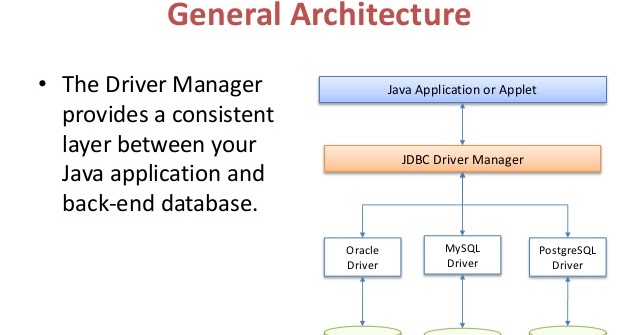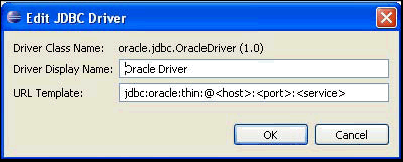
You will need to provide the necessary JDBC drivers to add your own database types. In addition to the supported databases that Splunk has tested and certified for use with DB Connect, you may also be able to use unsupported JDBC-compatible databases with Splunk DB Connect. *** Add-on available: This column specifies whether a JDBC driver add-on is available for download on Splunkbase. Supported databases for Java 11 (Oracle JDK 11 & OpenJDK 11) Database *** add-on available: This column specifies whether a JDBC driver add-on is available for download on Splunkbase. You must enable SSL connection if you want to use DB Connect in a Splunk Cloud deployment. ** Cloud support: This column specifies whether the database is supported for Splunk Cloud. Though other supported databases may support SSL connections, DB Connect support for SSL means that Splunk has tested SSL for that database type and supports connecting over SSL using DB Connect. * SSL support: This column specifies whether DB Connect tests and supports Secure Sockets Layer (SSL) connections to this database. When upgrading the Postgres database, you must also upgrade the Postgres driver You must use the same version MySQL driver as you do for the database.įor deployments that use Oracle Wallet see the troubleshooting section of this manual

Not compatible with RedshiftJDBC42-1.jar. Supported databases for Java 8 (Oracle JDK 8 & OpenJDK 8) Database Consult your database vendor's documentation for configuration instructions. See Java Security Providers and JCE Download pages for details.

DB Connect supports and has been tested with Java cryptography standard algorithm, if you need a stronger algorithm, you must install the "JCE Unlimited Strength Jurisdiction Policy Files." Legal restrictions may apply in your country.



 0 kommentar(er)
0 kommentar(er)
